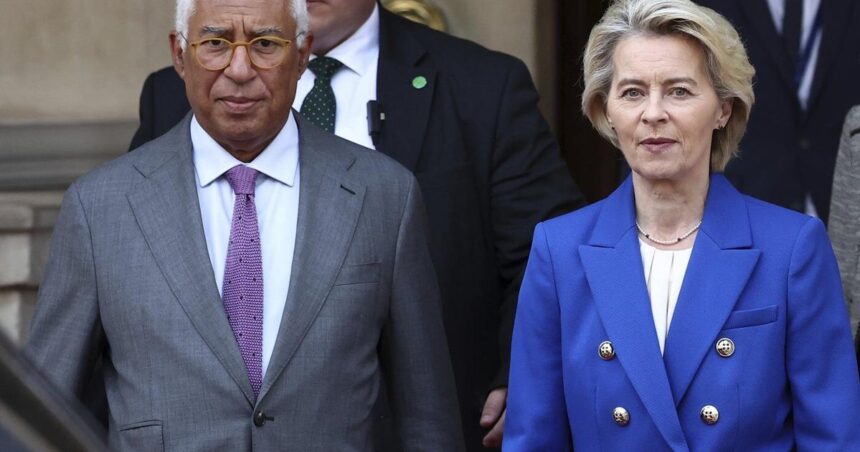In a significant diplomatic development that could reshape transatlantic military cooperation, European Union officials confirmed today that Canada will sign a landmark defence procurement agreement with the bloc later this month. The deal, years in the making, arrives at a critical juncture when Western allies are increasingly coordinating their security postures amid growing global instability.
The agreement will integrate Canada into the European Union’s Coordinated Annual Review on Defence (CARD) framework, allowing for unprecedented coordination in military acquisition planning, technology sharing, and strategic defence investments. According to EU High Representative Josep Borrell, the pact represents “a natural evolution of the deep-seated partnership between Canada and European democracies.”
“This agreement acknowledges what we’ve long understood—that Canadian and European security interests are deeply interconnected,” said Jens Stoltenberg, NATO Secretary General, during a press briefing in Brussels. “Harmonizing procurement processes will strengthen our collective capabilities while delivering better value for taxpayers on both sides of the Atlantic.”
For Canada, the deal opens access to the €8 billion European Defence Fund, potentially offering Canadian defence manufacturers new opportunities in a market traditionally dominated by American and European firms. Industry analysts at the Canadian Global Affairs Institute estimate the agreement could generate upwards of $3.5 billion in new contracts for Canadian companies over the next decade.
Defence Minister Bill Blair, speaking from Ottawa, emphasized the practical implications: “This partnership allows us to leverage collective purchasing power, reduce redundancies, and ensure compatibility across allied forces. When Canadian troops deploy alongside European partners, their equipment will work seamlessly together.”
The agreement comes after months of intensive negotiations following initial talks at the NATO summit in Vilnius last year. Sources close to the discussions indicate that final technical obstacles regarding intellectual property protections and technology transfer provisions were resolved during high-level meetings in Brussels last week.
European officials view Canadian participation as particularly valuable given the country’s expertise in Arctic security, surveillance technologies, and maritime patrol capabilities. “Canada brings unique competencies that complement European strengths,” noted Kaja Kallas, Prime Minister of Estonia, a country particularly focused on enhanced security cooperation in the face of Russian aggression.
The business implications extend beyond the defence sector, potentially opening doors for Canadian advanced manufacturing, artificial intelligence, and cyber security firms. The Toronto-based Centre for International Governance Innovation projects that secondary economic benefits could reach into multiple industrial sectors across various Canadian regions.
While the agreement has received broad support, some observers have raised questions about potential conflicts with existing Canadian defence arrangements with the United States. However, officials from both Canada and the EU have emphasized that the new partnership complements rather than competes with North American defence integration.
The formal signing ceremony is scheduled for May 28th in Brussels, where Prime Minister Justin Trudeau will join European Commission President Ursula von der Leyen to finalize the agreement. Implementation is expected to begin immediately after ratification, with the first joint procurement initiatives potentially launching before year’s end.
As global security architectures evolve in response to emerging threats, will this transatlantic procurement partnership become a model for how democratic nations coordinate their defence capabilities in an increasingly complex security environment?


















